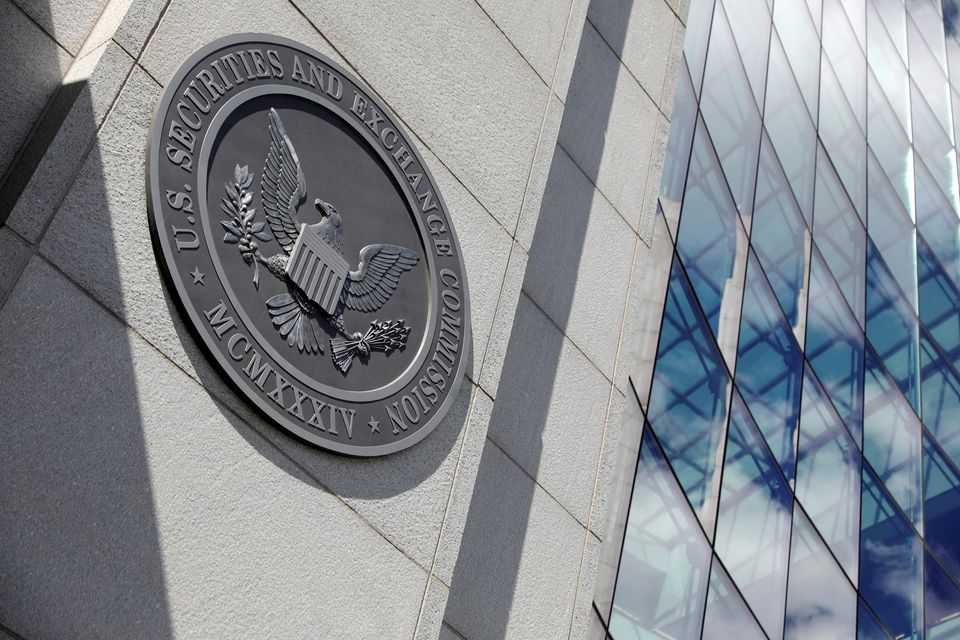US prosecutors charge 8 social media influencers with million-dollar stock fraud scheme
On Wednesday, the US announced charges against eight social media influencers.

A few minutes every morning is all you need.
Stay up to date on the world's Headlines and Human Stories. It's fun, it's factual, it's fluff-free.
Meme stocks were big on Wall Street during the pandemic. These are stocks that are influenced by online sentiment more than their fundamentals. For example, US retailer GameStop kicked off the meme stocks trend, thanks to a viral following on social media that boosted its share prices to record highs. But, social media can also be used to commit stock fraud.
On Wednesday, the US announced charges against eight social media influencers for running a stock manipulation scheme involving more than US$100 million. The charges include conspiracy to engage in securities fraud, which carries a max of 25 years jail time.
So, this is what we know and how it worked – from 2020 to 2022, the influencers were promoting their lavish lifestyles as successful stock traders on Twitter and Discord to hype up stocks they planned to sell later, or what’s known as a “pump and dump” scheme.
Two of the influencers ran an online community for traders called Atlas Trading, and others helped promote the platform and the other defendants to boost confidence in their stock tips. In total, the influencers had over 2 million followers on social media. According to the SEC, the investigation is still ongoing.
Key comments:
“As soon as I put my money in, it would drop like crazy – sometimes by 20%,” said Sofia Samrad, a New York-based retail trader who followed Atlas Trading’s stocks advice.
“As our complaint states, the defendants used social media to amass a large following of novice investors and then took advantage of their followers by repeatedly feeding them a steady diet of misinformation, which resulted in fraudulent profits of approximately $100 million,” said Joseph Sansone, Chief of the SEC Enforcement Division’s Market Abuse Unit.
“None of the Primary Defendants disclosed that they were either planning to sell, or were actively selling, a Selected Stock while recommending that their followers buy it,” said the SEC’s complaint. “Nor did any of the Primary Defendants disclose that they were coordinating with each other to manipulate the price and volume of trading in the stocks they were promoting.”




Comments ()